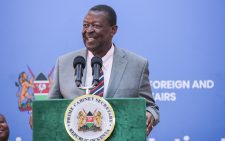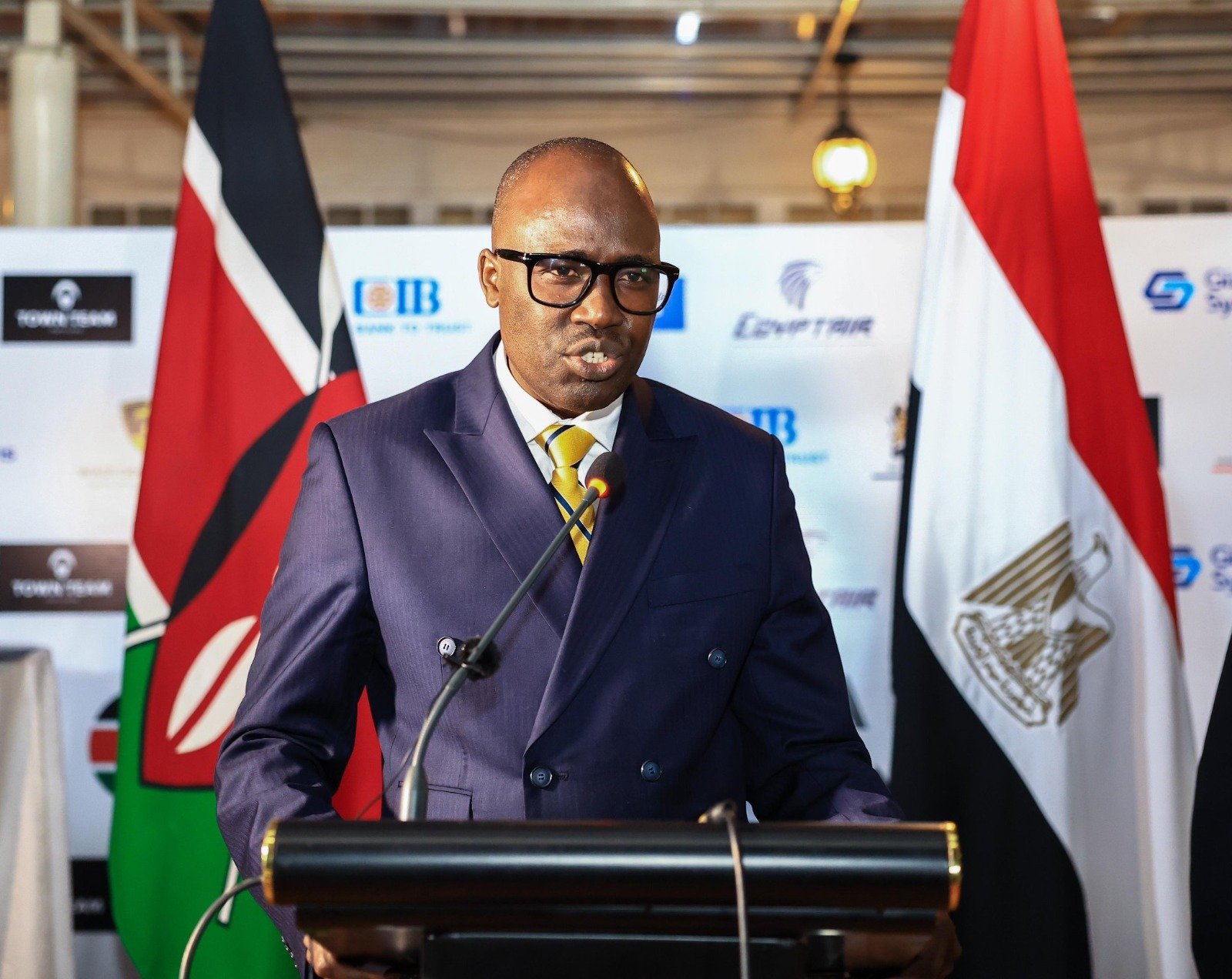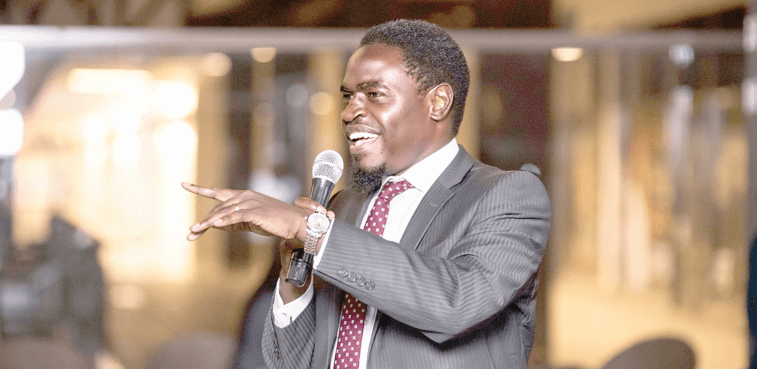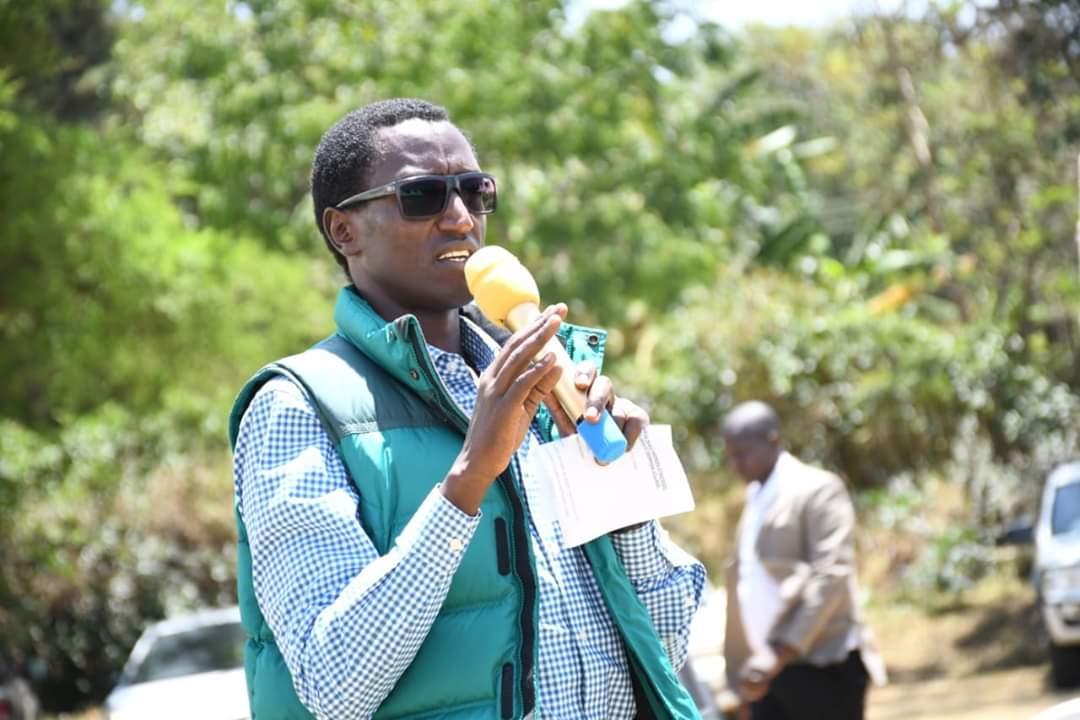PS Njogu: Kenya has a duty to protect citizens wherever they are
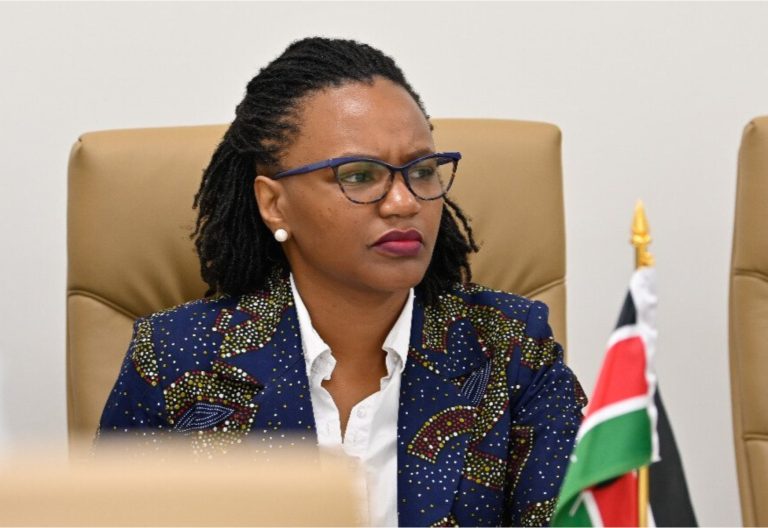
Last week, I had the honour of officiating the launch of a training program for new foreign service cadet officers at the Foreign Service Academy. These young diplomats entering our nation’s service possess great ambition fuelled by patriotism, honour, courage, and love for the unknown.
With over four million Kenyans living abroad, the diaspora forms an integral part of Kenya’s socio-economic fabric. These citizens are not just economic contributors.
They are cultural ambassadors, global connectors, and potential returnees whose networks, skills, and resources can transform our nation. I told the cadets that the government’s duty to its diaspora is four-fold: to protect, engage, empower, and prosper.
I want to unpack the first pillar: protection. The doctrine of protecting one’s citizens lies at the core of the social contract.
Hobbes and Locke agreed that humans in their natural state surrender rights and freedom to self-rule for sovereign protection.
That protection becomes harder when citizens live under another sovereign’s jurisdiction. However, as migration increases, governments must learn to protect diaspora citizens. This is the government’s foremost responsibility.
Protection takes different forms depending on context. It ranges from providing citizenship documents efficiently and cost-effectively to evacuating citizens from foreign countries during war, and everything in between.
It means confronting errant, abusive employers and seeking justice for citizens. It means ensuring due process, such as providing translators during foreign-language court proceedings.
Protection means giving sanctuary to nationals at embassies and high commissions and championing their claims. It means providing consular services, visiting the sick, repatriating bodies of those who die abroad, and extending every support a sovereign can provide.
Protection has limitations. Nationals, for example, must abide by host country laws and integrate into new environments, observing local customs and respecting their adopted country’s culture.
My message to the young officers was that while limitations exist, the responsibility to protect must endure.
Protection is the foundation upon which the Diaspora House stands. I drew their attention to our flag – with its beautiful black, white, red, and green stripes – but most importantly, to the shield standing boldly at its centre.
That shield is not ornamental; it is symbolic. It represents the State’s promise of protection to its people.
I reminded them they would carry many titles throughout their careers: diplomats, diaspora officers, foreign service officers, and mabalozi.
But the name they must always answer to is ‘Protection Officer’. It is their solemn duty to bear the shield, carry it with honour, and use it to defend every Kenyan abroad who looks to their country for dignity, justice, and care.
To every Kenyan abroad: we see you, hear you, and stand with you. To my fellow Kenyans at home, I ask for your continued support in upholding this solemn duty to protect our own, wherever they may be.
The writer is the Principal Secretary for the State Department for Diaspora Affairs
